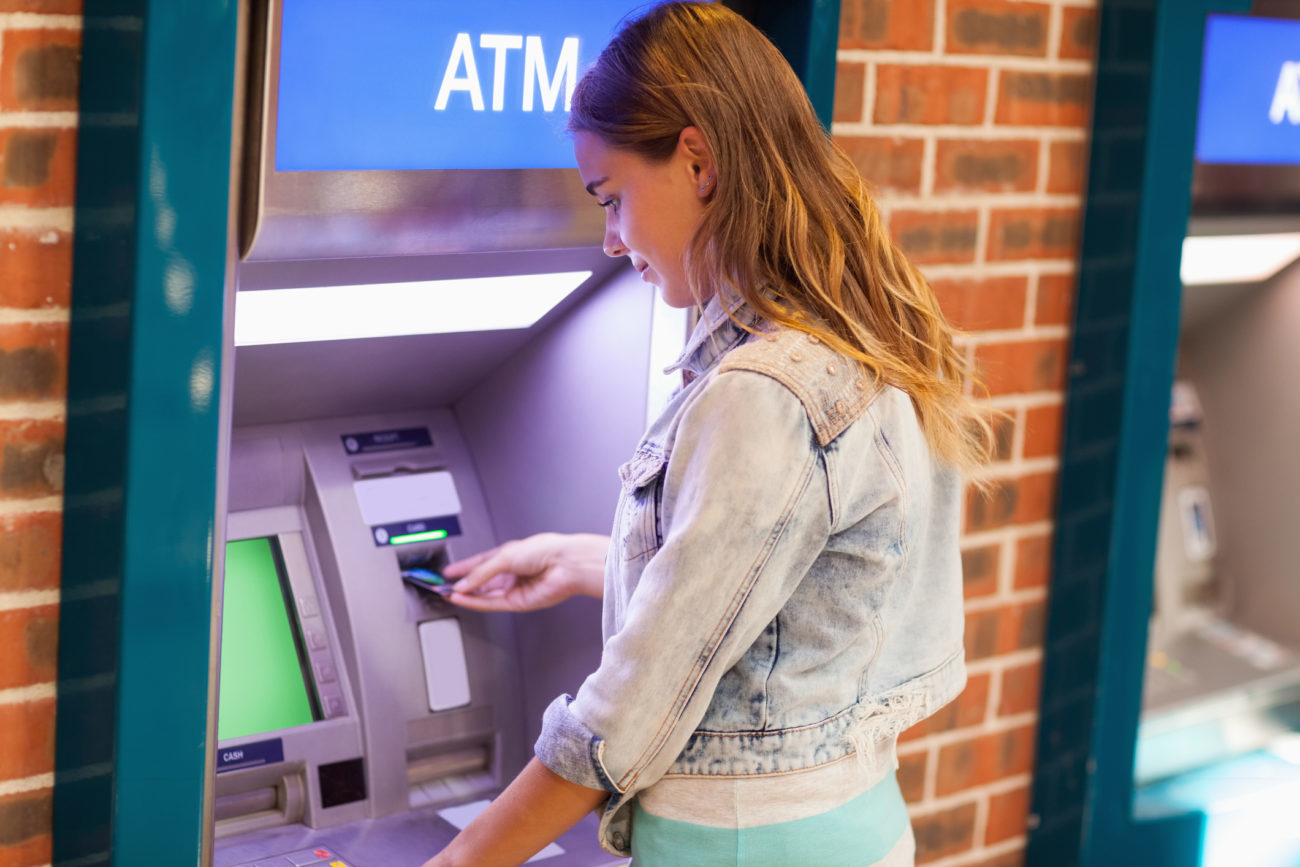Using a Cosigner to Get a Personal Loan

Personal loans can be an ideal way to pay for some large purchases. They may have lower interest rates than credit cards and come with fixed, predictable payments.
Not everyone will qualify for a personal loan, though. Those with a limited credit history, low credit score, or inadequate income may be declined. Fortunately, you may still be able to win approval if you have a cosigner on the application.
Keep reading to learn everything you need to know about getting a personal loan with a cosigner.
What Is a Cosigner?
A cosigner agrees to pay off the loan if you cannot make the payments yourself.
If lenders are worried you will default on a loan, the cosigner gives them peace of mind that a second person has legal responsibility for the debt.
Unlike a coapplicant or a coborrower, a cosigner is not considered a joint owner of the loan, and they aren’t entitled to receive any of its proceeds.
Instead, they are simply guaranteeing that the balance will be paid off.
Who Might Need a Cosigner on Their Personal Loan?
People might need someone to cosign on their loan if any of the following apply to their situation:
- Limited credit history
- Fair or poor credit score
- Low-income or unemployed
- Self-employed
- Excessive debt
If lenders have any reason to think you may be unlikely or unable to pay off the loan, they may require a cosigner.
For instance, cosigners are often required for private student loans since college students generally have a limited credit history and no steady income.
Compare Financial Solutions
Finding the right lender could help you save hundreds or even thousands of dollars. The best way to know if you’re getting the best loan rate is to compare offers from competing lenders.
How Does a Loan With a Cosigner Work?
The process for applying for a personal loan with a cosigner is similar to that of applying for a loan by yourself.
Documentation needed for a personal loan
When you apply for a personal loan, you may be asked to supply the following:
- Social Security number
- Tax return
- Employment verification, such as a pay stub
- Bank statements
Your cosigner will also be asked to provide their Social Security number for a credit check. Sometimes, the lender may also ask to see their pay stubs or other employment verification.
After the loan is approved
Once the loan is approved, the account will appear on your and your cosigner’s credit reports.
However, you will be responsible for making the monthly payments, and the lender may or may not send monthly statements to the cosigner.
Should you miss payments, the lender will reach out to your cosigner to bring the account current.
Be aware that those missed payments won’t only affect your credit score; they will also show up on your cosigner’s credit report and can drag down their score as well.
How to Find a Cosigner
Although anyone can serve as a cosigner, people may be hesitant to do so since it means taking on legal responsibility for a debt.
Those who agree to cosign a loan are most likely to be close family members or friends.
The person you ask to be a cosigner should be someone with good credit and reliable income.
Otherwise, adding their name to your application may not help get the loan approved.
When you approach someone to cosign a loan, explain the following:
- Reason for the loan
- Why you need a cosigner
- How you will pay back the loan
Be sure both parties understand how information about the loan will be communicated.
For instance, will you request the lender send the cosigner statements, or will you provide monthly or quarterly updates on the repayment status? Putting these details in writing can help avoid any future confusion.
You should understand that getting a personal loan with a cosigner means that this person trusts you to make timely payments.
Be sure to acknowledge that trust and thank them for their assistance.
Pros and Cons of Personal Loans With Cosigners
As with all financial decisions, it’s good to review the pros and cons of having someone cosign a personal loan for you.
Pros
- Ability to receive a loan you may not otherwise qualify for.
- Possibility of a lower interest rate.
- Opportunity to build credit by making timely payments.
Cons
- It may be difficult to find someone to cosign a loan.
- It could be awkward if the other person is constantly checking in to confirm you’re making payments.
- Relationships could be ruined if you miss payments and negatively affect your cosigner’s credit.
Frequently Asked Questions
No, a cosigner typically doesn’t have access to account details. However, they may be able to receive statements if requested. If you ask someone to be a co-applicant or co-borrower, then they would have the right to view all loan information.
When a person cosigns for a personal loan, they take on more risk than simply having to pay back the balance if needed. Since the loan appears on their credit report, it could make it more difficult for them to receive approval for their own loan. Plus, if you miss payments, that could bring down both your and your cosigner’s credit score.
You could see if your lender would accept something as collateral for a loan. For instance, if you offered your vehicle to secure the loan, that means the lender could seize your car if you stop making payments. Of course, nothing happens to your vehicle if you make your payments on time. Another option would be to look for lenders specializing in loans to those with limited or poor credit. Finally, if you don’t need the loan immediately, you can build your credit score by making timely payments on any existing loans or credit card accounts in the months to come. If you don’t have any credit yet, applying for a secured credit card, charging a small amount, and paying off the balance each month can help create a positive credit history.











